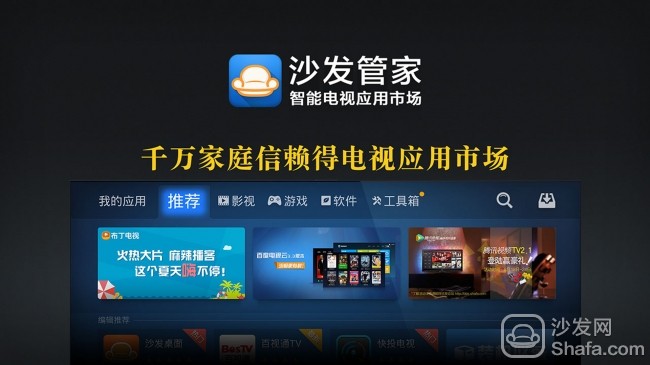
Xiaomi Chairman Lei Jun
It is not difficult to see that after making large investments in the content field, Lei Jun is prepared to make another investment in cloud services. He himself expressed at the media communication meeting that “the era of data explosion is coming. The cloud service is a new typhoon. mouth".
Why do you think this is a new Taiwanese tune? Lei Jun gave a series of data.
For example, the volume of data of Xiaomi cloud service in this year has increased by 7 times compared with the same period of last year and is expected to increase by 5 times next year. Today, Xiaomi Cloud has almost 68 million users and stores 47 PB of data, which contains 24.1 billion photos, and is growing at a rate of about 90 million photos and 1.2 million videos per day. Lei Jun estimates that one PB data can be added one day this time next year. In terms of cost, if one PB content is stored for one year, the bandwidth required for storing and using content will almost cost 2.5 million yuan to 3 million yuan.
It is not difficult to see from these data that Xiaomi does need cloud services. But how to do it is another level.
Now companies such as Tencent, Alibaba, and Baidu have invested a large sum of investment in computer room construction, servers, and bandwidth. Although Lei Jun first started, he also thought that Xiaomi would not build a machine room or hire a group of people to lay the foundation. Facilities, but later decided to focus on existing businesses, and instead formed alliances with other vendors in the industry to develop cloud services.
If divided from the business layer, cloud services can be basically divided into three layers: application-level cloud services, basic cloud services, and the lowest-level network infrastructure. Xiaomi Cloud is an application-layer cloud service, which is the same as various applications on Apple iCloud; Jinshan Cloud provides the underlying services of cloud storage and the underlying services of cloud computing, that is, basic cloud services; Century Internet provides IDC, bandwidth, and CDN. Network infrastructure. Therefore, the three companies are actually in different business layers of the cloud service, and can then do alliances together.
Although Lei Jun used the investment method to bind these several partnerships, he also emphasized that the cooperation between the three companies is not exclusive.
For example, Xiaomi also selected Amazon’s cloud services abroad; Jinshan Cloud’s services are willing to use other mobile phone makers, Jinshan is also very happy; Century Internet as an infrastructure provider, and Microsoft’s Azure have previously cooperated. On the whole, the three companies have their own business lines that are relatively independent while binding interest relationships. This is good news for the three companies themselves or other partners.
In fact, for Xiaomi, the place where cloud services are needed is not just the Xiaomi mobile phone. All future smart devices like wristbands, sphygmomanometers, air conditioners, and refrigerators will all be networked. All of them need clouds to store data. Now they are on Xiaomi's mobile phones. Various types of cloud services have provided users with a lot of convenience. Lei Jun, of course, hopes that future millet smart homes can also establish similar barriers.
Recommended installation sofa butler Download: http://app.shafa.com/
